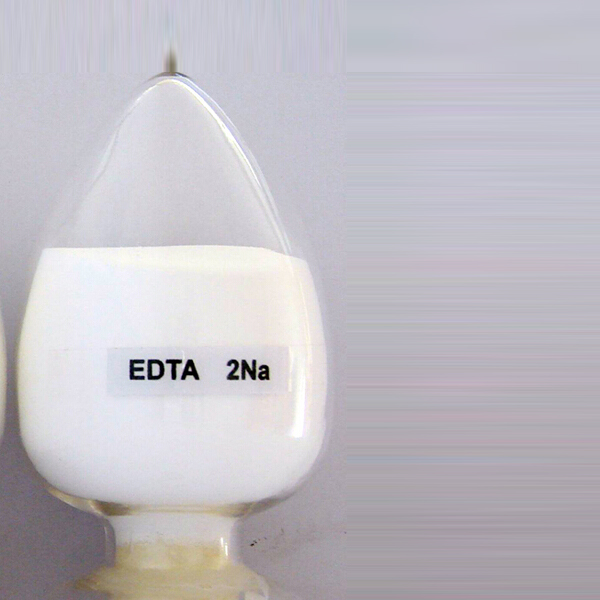
News
7月 . 26, 2024 12:16 Back to list
Potassium Polyaspartate Production Facility Overview and Industry Applications in Modern Agriculture
The Significance of Polyaspartate Potassium in Industrial Applications
Polyaspartate potassium, a polymer derived from amino acids, has gained significant attention in various industries due to its unique properties and versatile applications. This biodegradable and non-toxic compound is primarily used as a dispersant, stabilizer, and film-forming agent, making it a valuable material in fields such as agriculture, pharmaceuticals, and cosmetics.
The Chemistry Behind Polyaspartate Potassium
Polyaspartate potassium is synthesized from aspartic acid, an amino acid that serves as the building block for proteins. The polymerization of this amino acid results in long chains of polyaspartate, which can then be neutralized with potassium ions. The chemical structure of polyaspartate potassium contributes to its functional properties, including a high degree of water solubility and excellent binding capabilities. This makes it particularly effective in applications where moisture retention and stabilization are critical.
Agricultural Applications
One of the most important sectors benefiting from polyaspartate potassium is agriculture. The compound is often used in fertilizers and soil conditioners due to its ability to enhance nutrient uptake and retain moisture in the soil. This is especially crucial in regions that experience variable seasonal rainfall, as polyaspartate potassium helps ensure that crops receive a consistent supply of nutrients. Additionally, it can improve the efficacy of pesticides and herbicides by facilitating their dispersion and uptake in plant tissues.
Moreover, the biodegradable nature of polyaspartate potassium aligns with the growing demand for sustainable agricultural practices. As regulations on chemical fertilizers tighten, farmers are increasingly seeking eco-friendly alternatives that reduce environmental impact. Polyaspartate potassium not only meets this requirement but also supports the idea of a circular economy by breaking down and contributing to soil health.
polyaspartate potassium factory

Pharmaceutical and Cosmetic Uses
In the pharmaceutical and cosmetic industries, polyaspartate potassium demonstrates its versatility as well. The compound is frequently used in drug formulations where it acts as a stabilizer that maintains the efficacy and shelf-life of medications. Its unique properties allow it to be utilized in controlled-release systems, where it helps regulate the release of active ingredients, ensuring that they are delivered at optimal rates.
In cosmetics, polyaspartate potassium is prized for its moisturizing properties. It forms a thin film on the skin, providing hydration and improving the texture of formulations. Products such as creams, lotions, and serums often incorporate polyaspartate potassium to enhance their performance, making them more appealing to consumers who seek effective and premium skincare options.
Environmental Benefits
Beyond its industrial applications, polyaspartate potassium holds promise for environmental sustainability. As a biodegradable polymer, it reduces the accumulation of synthetic plastics that plague ecosystems. Its breakdown products are typically non-toxic, further mitigating potential environmental harm. In a world increasingly focused on reducing waste and promoting green chemistry, polyaspartate potassium serves as an excellent alternative to more conventional chemicals.
Conclusion
In summary, polyaspartate potassium is a multifunctional polymer with a wide range of applications across various industries. Its ability to enhance agricultural productivity, stabilize pharmaceutical formulations, and improve cosmetic products highlights its significance in modern manufacturing. As companies and consumers alike continue to prioritize sustainability and safety, polyaspartate potassium is poised to play an increasingly pivotal role in shaping the future of these sectors. The ongoing research and development in this field promise to unlock even more potential uses, reinforcing polyaspartate potassium's status as a key player in industrial chemistry.
-
Polyaspartic Acid Salts in Agricultural Fertilizers: A Sustainable Solution
NewsJul.21,2025
-
OEM Chelating Agent Preservative Supplier & Manufacturer High-Quality Customized Solutions
NewsJul.08,2025
-
OEM Potassium Chelating Agent Manufacturer - Custom Potassium Oxalate & Citrate Solutions
NewsJul.08,2025
-
OEM Pentasodium DTPA Chelating Agent Supplier & Manufacturer High Purity & Cost-Effective Solutions
NewsJul.08,2025
-
High-Efficiency Chelated Trace Elements Fertilizer Bulk Supplier & Manufacturer Quotes
NewsJul.07,2025
-
High Quality K Formation for a Chelating Agent – Reliable Manufacturer & Supplier
NewsJul.07,2025
